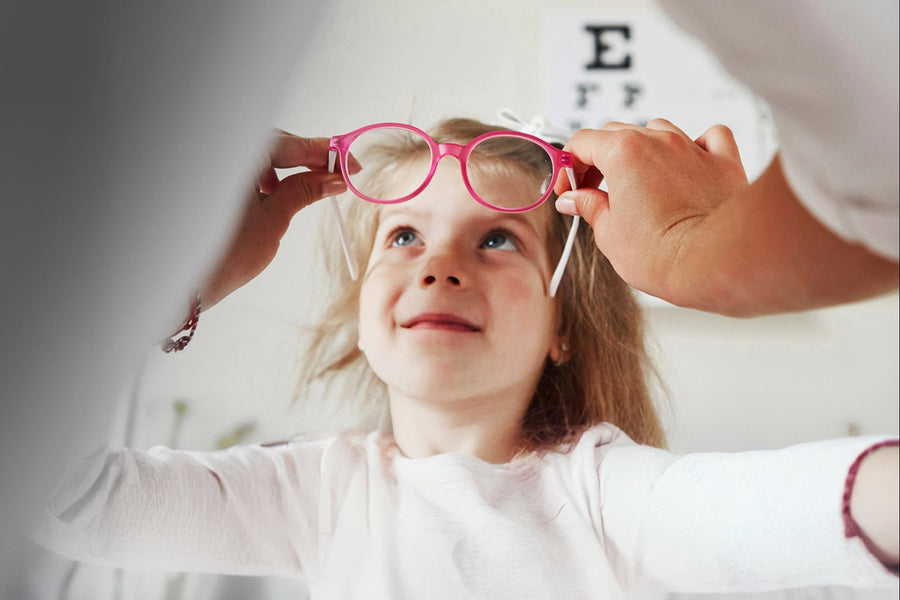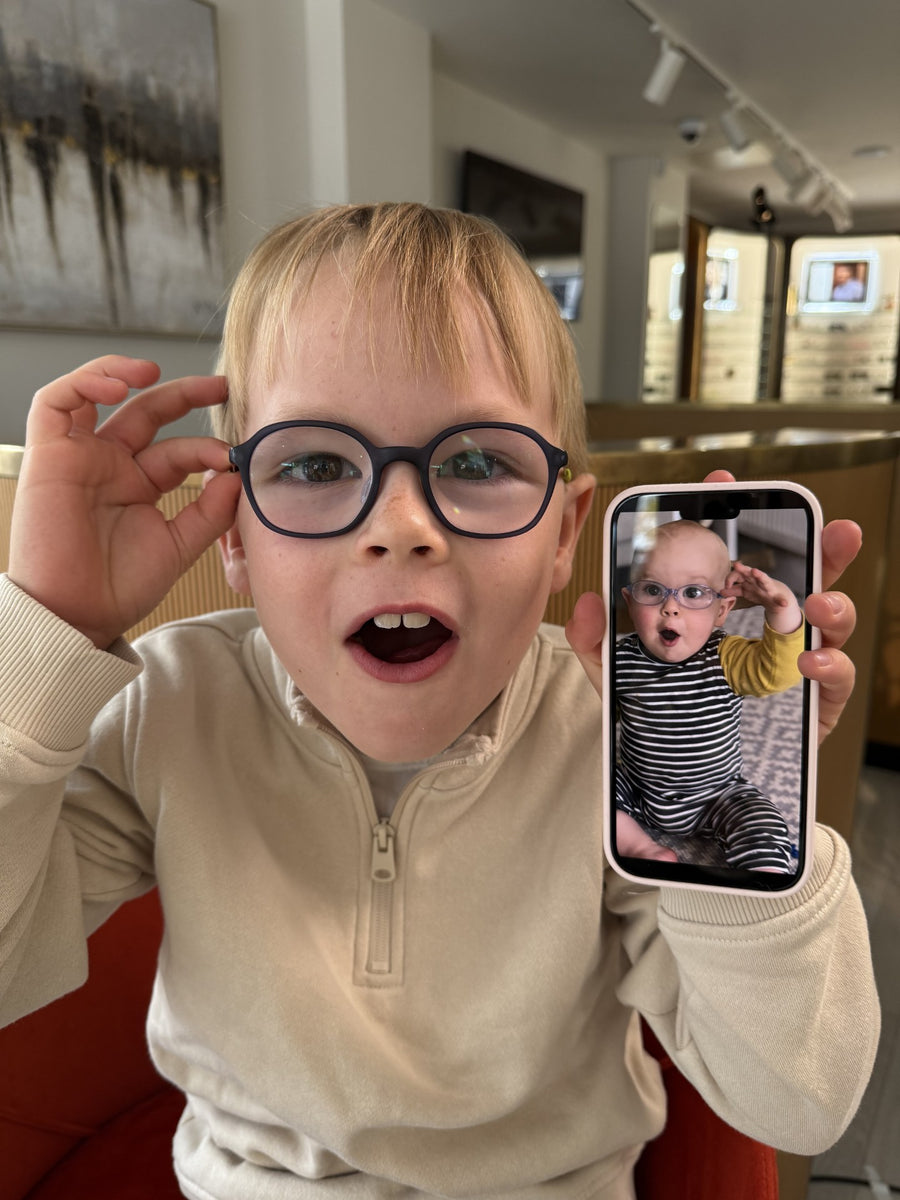Find out more about what to expect during your child's eye test and how we ensure a personalised and thorough experience focused on their vision and eye health.
Children’s Eye Tests
Ensuring your child's vision is healthy and their eyes are developing correctly is crucial for their overall well-being and learning. Regular eye examinations are recommended for children to detect and treat any vision problems early on. Children's eye examinations are free at Leightons as part of the NHS-funded eye care service.
What happens at a child's eye test?
Common eye problems & symptoms in children
Children can experience various eye problems and symptoms, some of which may require treatment or corrective measures. Here are some common issues:
Early detection and management of these conditions are crucial for your child's visual development and overall well-being. Please note that a range of options can be used in the management of ocular issues, such as spectacles, contact lenses and even eye exercises.





